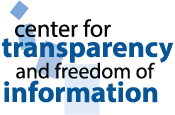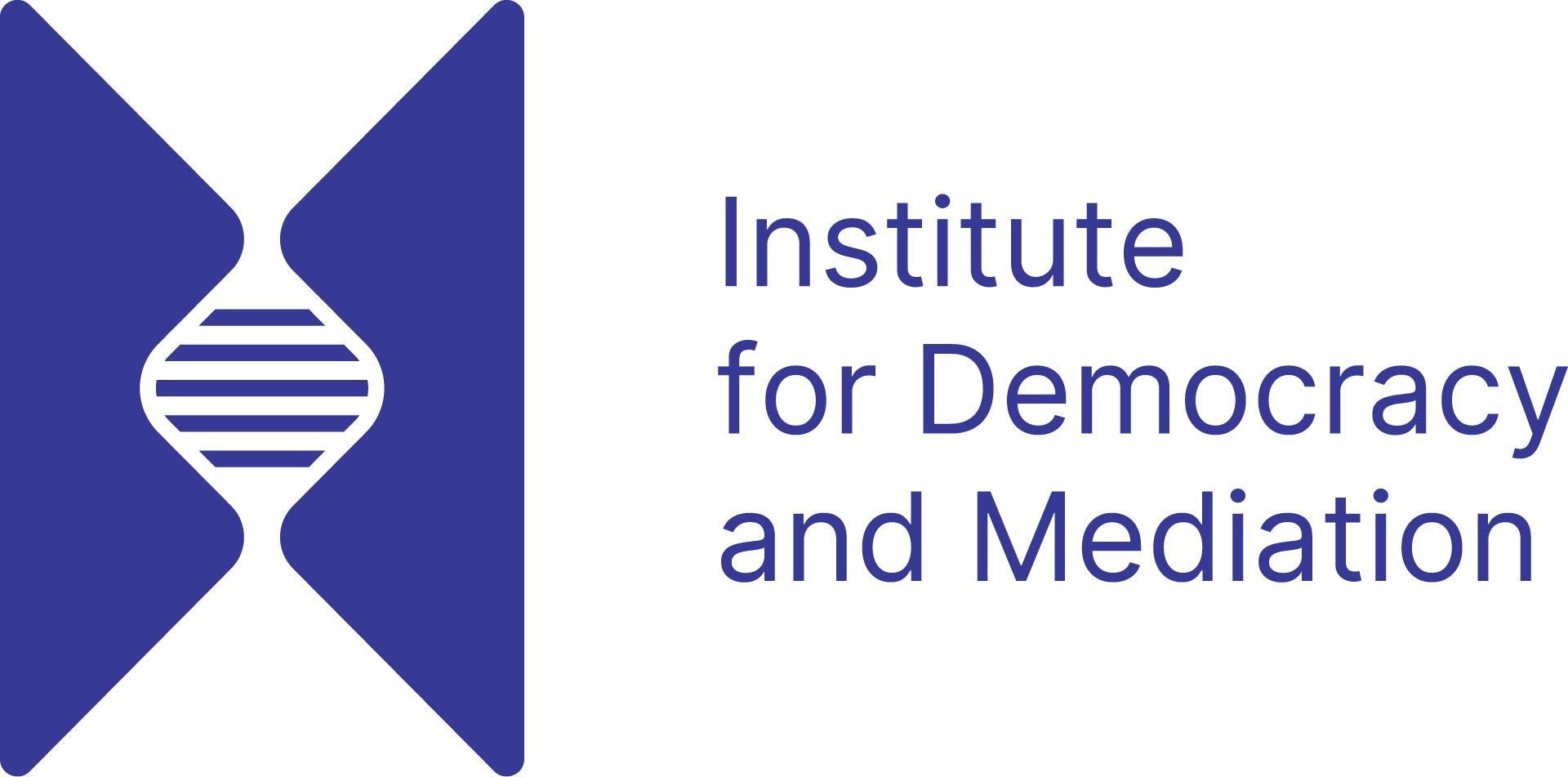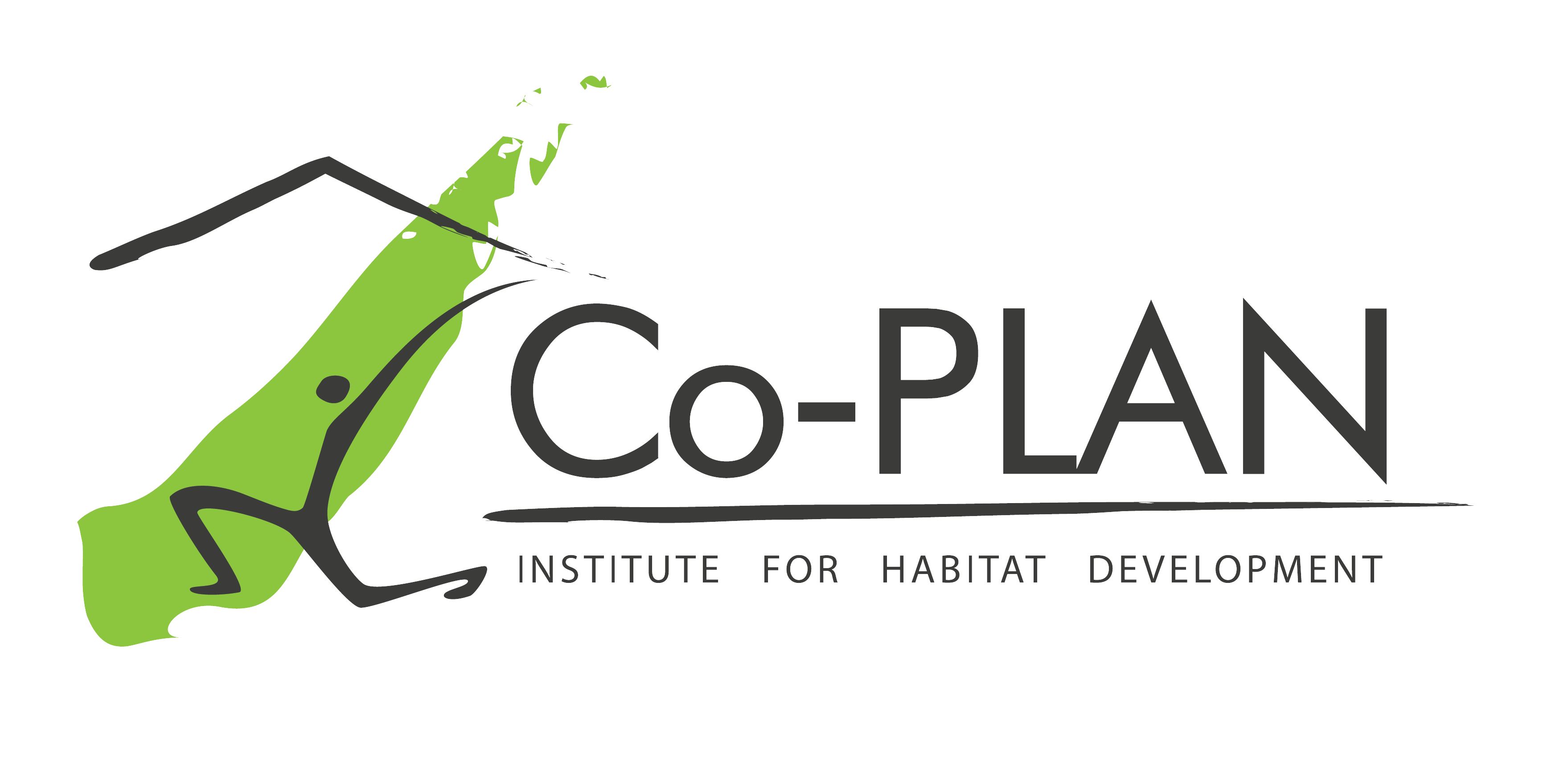The Center for Transparency and Free Information (CTFI) finds that the changes that were made on court fees through joint instruction no. 991 of the Ministry of Justice and the Ministry of Finance of March 2010 generally lower the level of access of citizens to the court and to especially the access of the poor.
The changes that have been made may have been influenced by businesses
The Center for Transparency and Free Information (CTFI) finds that the changes that were made on court fees through joint instruction no. 991 of the Ministry of Justice and the Ministry of Finance of March 2010 generally lower the level of access of citizens to the court and to especially the access of the poor. Within a year, court fees have been changed twice, with significant increases in some of the fees.
Typical is the judicial tax of 3% of the value of the claimed damage when its value exceeds ALL 100,000. This fee violates the right of access to the court, as it conditioned access to the full prepayment (100%) of the court fee in the amount of 3% of the value of the object of the lawsuit and does not provide for exceptions in cases of financial impossibility.
As stated by the Constitutional Court in its decision of February 27, 2013, we emphasize that this fee constitutes a limitation of the right to access, it is disproportionate and at the same time discriminatory.
By setting equal rates for all, direct, substantial discrimination is created due to economic, educational and social status, and it may also create indirect discrimination due to gender, age or disability.
This decision of the constitutional court creates spaces and encourages changes in the joint instruction 991, March 2010. "The ordinary judge is not prevented from investigating and exempting the plaintiff from paying this fee, in cases where he is in front of his financial inability to do so payment. The ordinary judge has the space to assess the fulfillment of this procedural criterion for filing a lawsuit and to make exceptions on a case-by-case basis, in order not to hinder the realization of the right of access to the court", it is emphasized in the decision of this court. Even formally, the decision is overturned in most of it.
CTFI during the monitoring in the court of Tirana for a short time has observed cases when this decision of the Constitutional Court has not been implemented, remaining again in the judgment of the court whether a citizen will be exempted from the court tax or not.
CTFI also suspects that the decision of March 2010 is influenced by business groups, mainly insurance companies, which are favored by it while citizens or other subjects are discriminated against. During the monitoring of damage lawsuits, nearly 70 percent of them are between citizens and insurance companies.
CTFI with the financial support of the British Embassy within the project "Increasing access to justice and improving judicial procedures" is working to build a new guideline for court fees. Based also on the monitoring data in the court of Tirana, CTFI submitted in August to the Ministry of Justice a study through which the need for a rapid reduction of these fees is argued, especially the fees in cases of causing damage.



















